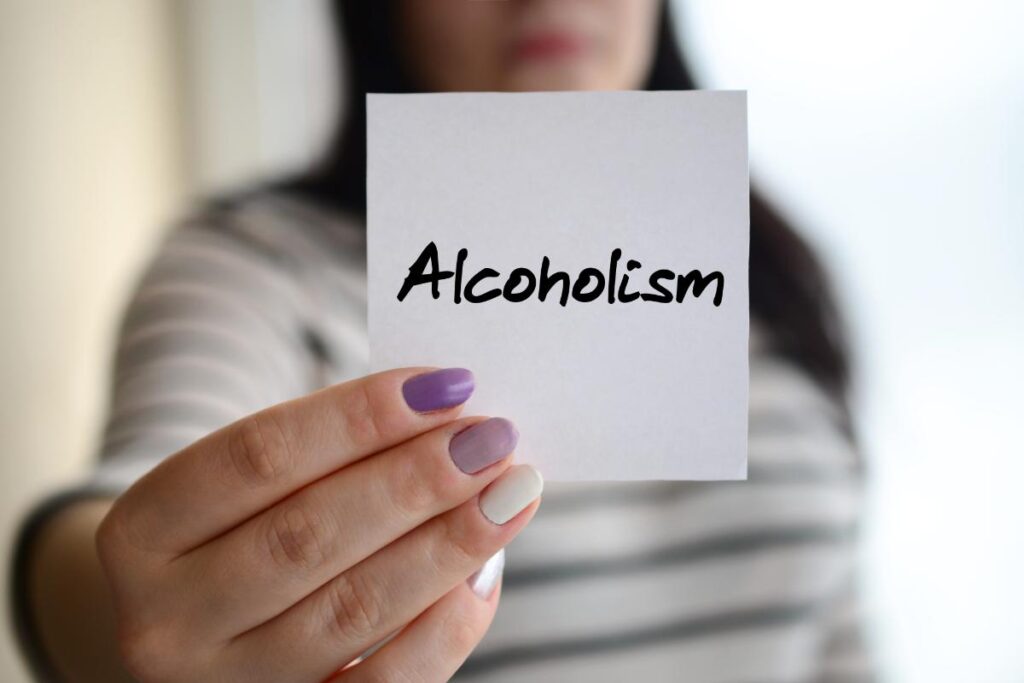With April being National Alcohol Awareness Month, it is time to bring attention to alcohol addiction and what can be done to help those who are struggling. Since alcohol is legal, consumed in many social settings, and can be relatively harmless when used in moderation, it may be a bit challenging to determine if alcohol use is normal or verging on addiction. Learning the risk factors and signs of alcohol addiction can raise your awareness so that you can help yourself or someone else who may need an alcohol addiction treatment program.
Promises Behavioral Health operates mental health and addiction treatment facilities throughout the United States. We pride ourselves on providing evidence-based treatment for alcohol addiction using the latest scientific research as a guide. If you think you or someone you love may be dealing with alcohol addiction, reach out to us at 844.875.5609 to learn how we can help.
How to Know if Someone Needs an Alcohol Addiction Treatment Program
Drinking too much on occasion does not necessarily indicate alcohol dependence or addiction. You likely have a friend or family member who goes a little overboard during gatherings that include alcohol. Or perhaps you are that friend or family member.
On the flip side, you may also know someone who seems perfectly fine despite drinking large amounts of alcohol. Because they do not exhibit boisterous behavior or engage in reckless activities, people may look the other way regarding their heavy alcohol use. Ironically, this person may be more in need of an alcohol addiction treatment program than the person who commands attention when they consume alcohol.
Since it can be somewhat confusing to know if someone has an alcohol addiction, be aware of the following signs:
- Drinking eight or more drinks a week for women or 15 or more for men
- Drinking four or more drinks within two hours for women or five or more for men
- Blacking out and not remembering things said or done while drunk
- Getting into trouble at work or school as a result of drinking, frequent absences or lateness, poor performance
- Participating in risky activities while under the influence, such as driving or operating machinery
- Inability to moderate the number of drinks consumed, often drinking more than intended
On occasion, heavy drinking or binge drinking is not a solid indicator of alcohol addiction. Some people drink in that manner while on a cruise, on vacation, or after a very stressful event. That does not mean you should overlook this type of drinking since it could lead to addiction down the road if it continues.
What Are the Risk Factors for Alcohol Addiction?
Some factors put you at a higher risk of developing an alcohol dependence:
- A family history of alcohol addiction
- Beginning drinking before the age of 15
- High stress levels
- Low self-esteem
- Trauma
- Mental health conditions like anxiety and depression
- A social circle that revolves around alcohol use
Having the above risk factors does not mean you are bound to become addicted to alcohol. However, awareness of these risk factors can help you take measures to avoid alcohol abuse in the first place. You can be more mindful of your drinking before it gets out of control, knowing that you are more vulnerable to addiction.
Promises Behavioral Health: Evidence-Based Alcohol Addiction Treatment Programs
At Promises Behavioral Health, we are dedicated to getting to the root of addiction so you can experience true healing inside and out. We stay on top of the latest advances in addiction therapy and medication so that we can provide you with top-notch treatment. You can honor National Alcohol Awareness Month by calling us today at 844.875.5609 to learn more or enroll in our highly effective alcohol addiction treatment program.

